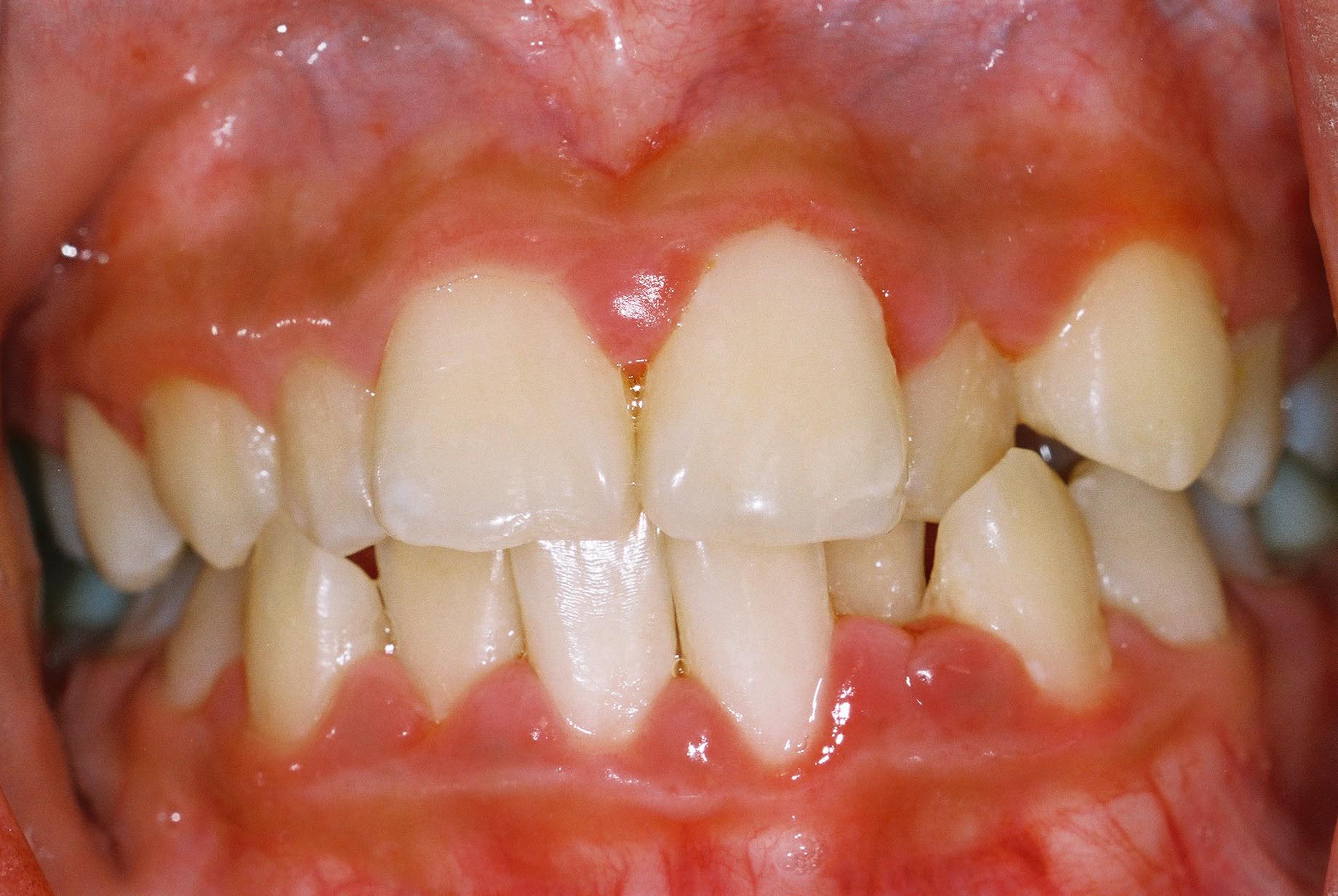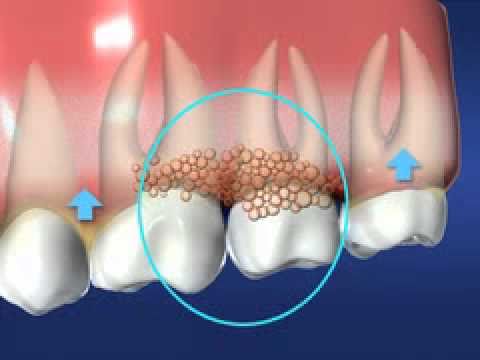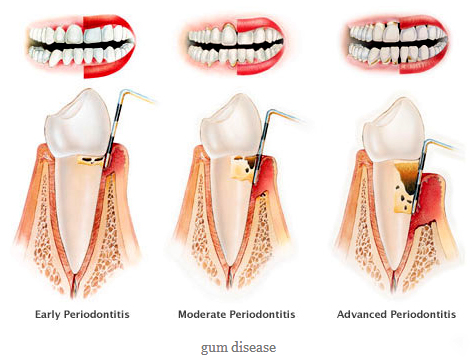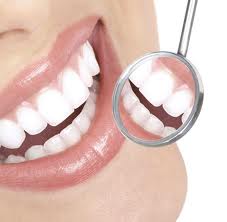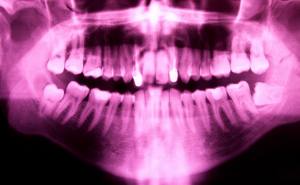Periodontics
In periodontics we mostly deal with prevention , diagnosis and a treatment of periodontal disease, and in the placement of dental implants.
Periodontists often treat more problematic periodontal cases, such as those with severe gum disease or a complex medical history. Periodontists offer a wide range of treatments, such as scaling and root planing (in which the infected surface of the root is cleaned) or root surface debridement (in which damaged tissue is removed). They can also treat patients with severe gum problems using a range of surgical procedures. In addition, periodontists are specially trained in the placement and repair of dental implants.
When is periodontal evaluation required
Often, the only way to detect periodontal disease is through a periodontal evaluation. A periodontal evaluation may be especially important if:
- You notice any symptoms of periodontal disease.
- You are not satisfied with your current tooth replacement option, such as a bridge or dentures, and may be interested in dental implants.
- You are thinking of becoming pregnant. Pregnant women who have periodontal disease may be seven times more likely to have a baby born too early and too small. In addition, about half of women experience "pregnancy gingivitis." However, women who have good oral hygiene and have no gingivitis before pregnancy are very unlikely to experience this condition.
- You feel that your teeth are too short or that your smile is too "gummy." Or, if you are missing one or more of your teeth and are interested in a long-lasting replacement option.
- You have a family member with periodontal disease. Research suggests that the bacteria that cause periodontal disease can pass through saliva. This means the common contact of saliva in families puts children and couples at risk for contracting the periodontal disease of another family member.
- You have heart disease, diabetes, respiratory disease or osteoporosis. Ongoing research is showing that periodontal disease may be linked to these conditions. The bacteria associated with periodontal disease can travel into the bloodstream and pose a threat to other parts of the body. Healthy gums may lead to a healthier body.
During the first visit, the periodontist usually reviews the patient’s complete medical
and dental histories. It is extremely important for the periodontist to know if any medications
are being taken or if the patient is being treated for any condition that can affect periodontal
care, such as heart disease, diabetes, or pregnancy.
The periodontist examines the gums, checks to see if there is any gum line recession,
assesses how the teeth fit together when biting, and checks the teeth to see if any are loose.
The periodontist will also take a small measuring instrument called a probe and place it between the
teeth and gums to determine the depth of those spaces, known as periodontal pockets; this helps the
periodontist assess the health of the gums. X-rays may also be taken to observe the health of the bone
below the gum line.
Some patients’ periodontal needs can be managed by the general dentist.
However, as more and more patients are exhibiting signs of periodontal disease,
coupled with research that suggests a relationship between periodontal disease and other
chronic diseases of aging, periodontal treatment may necessitate a greater understanding and
increased level of expertise by a trained specialist. Patients who present with moderate or severe
levels of periodontal disease, or patients with more complex cases, will be best managed by a
partnership between the dentist and periodontist.








